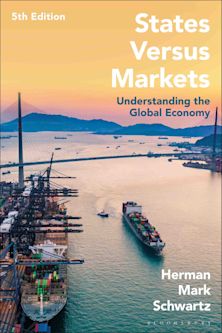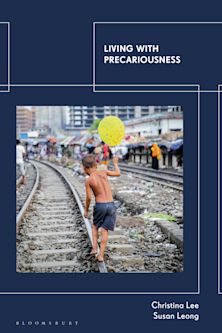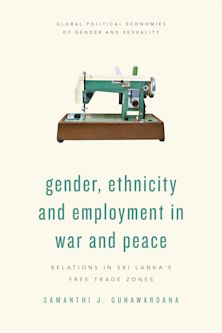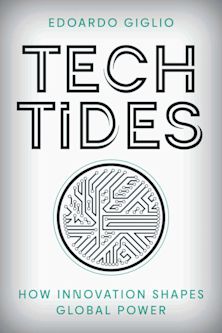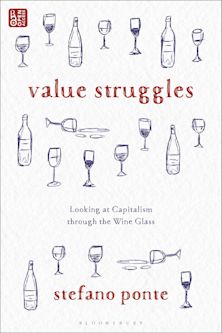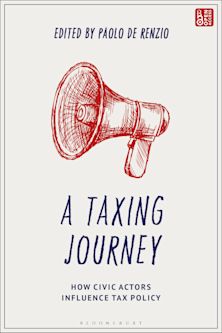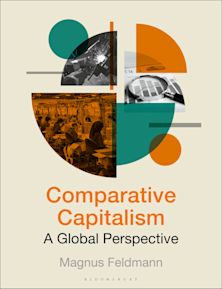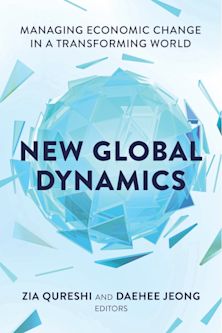- Home
- ACADEMIC
- Politics & International Relations
- Political Economy
- Dark Money, Super PACs, and the 2012 Election
Dark Money, Super PACs, and the 2012 Election
Dark Money, Super PACs, and the 2012 Election
This product is usually dispatched within 3 days
- Delivery and returns info
-
Free US delivery on orders $35 or over
You must sign in to add this item to your wishlist. Please sign in or create an account
Description
More than two billion dollars. That’s how much money was spent in the 2012 presidential campaign—the most expensive campaign in history. Each party raised and spent more than one billion dollars as the traditional boundaries of campaign financing were ignored. Both parties could do so because they were playing in a game with new rules—rules that largely developed after the 2010 Supreme Court ruling known as Citizens United. That case removed many restrictions on donation limits, particularly for corporations and unions. The result was the development of a new set of political players called “Super PACs” that were allowed to enter the political arena and spend an unlimited amount of money on behalf of clients.
This book looks at how Super PACs raised and spent money and influenced the 2012 election. It provides an insightful look at how both right- and left-leaning groups approached the election and impacted the political process.
Table of Contents
Introduction: The genesis of Super PACs in the 2010 midterm electionsSuper PACs in the 2012 Primaries
Major Super PACs and Supporters: An OverviewThe Republican Primaries: Mitt Romney and Restore Our FutureDemocratic Super PACs active in the 2012 Republican PrimarySuper PACs in the 2012 General Election
Major Democratic Super PACs in General ElectionPresident Barack Obama and Priorities USANot-For-Profit Super PACsMajor Republican Super PACsRomney and Restore Our Future 2: The General ElectionKarl Rove and American CrossroadsLone MavericksBarry P. Smith
Looking Back, Looking Forward: Conclusions and DiscussionIndex
About the Authors
Product details
| Published | Nov 13 2015 |
|---|---|
| Format | Paperback |
| Edition | 1st |
| Extent | 126 |
| ISBN | 9781498532150 |
| Imprint | Lexington Books |
| Dimensions | 9 x 6 inches |
| Series | Bloomsbury Studies in Political Communication |
| Publisher | Bloomsbury Publishing |
About the contributors
Reviews
-
The Supreme Court's 2010 decision in Citizens United v. Federal Election Commission dramatically restructured how American elections are funded by gutting restrictions on corporations' ability to give money to political candidates. One of the most impactful resultant changes was the rise of the super PAC, a new kind of political action committee that could raise exponentially larger sums than its predecessors by channeling corporate donations. Although the full significance of super PACs will not be known for several election cycles, this study is a fine initial exploration of how they have altered the American electoral landscape. Smith and Powell compartmentalize their approach by detailing and analyzing the role that super PACs played in the Republican presidential primaries, in President Obama's preparations for his reelection bid, and in the general election for president. . . .In addition, the authors separately scrutinize candidate-affiliated super PACs and independent ones. While many of the accounts in this slim monograph are brief, they are highly informative and readable, and can serve as an excellent introduction to the subject for students and scholars alike. Summing Up: Highly recommended. Undergraduate collections all levels and above.
Choice Reviews
-
The book makes a major contribution to understanding the current political landscape. . . .Smith and Powell provide campaign watchers with a handbook to better understand the growing influence of the third type of campaign in a presidential or federal election.
Presidential Studies Quarterly
-
Big money, or Super PACs, was more influential in the 2012 American presidential campaign than in any prior campaign. This book provides a thorough, interesting explanation of how and why Super PACs were founded. More importantly, the authors examine specific consequences of big money in the 2012 primaries and the general election. Readers will acquire a keen understanding of how individuals and large corporations can use money to influence American political campaigns.
John Allen Hendricks, Stephen F. Austin State University
-
Smith and Powell have done excellent work building on their 2010 volume on campaign finance reform. No study of political communication and elections can be complete without understanding how the money flows, and this text provides an excellent foundation for understanding that.
William F. Harlow, University of Texas of the Permian Basin












